
How Much Water Is in Your Diet?
Drinking liquids isn't the only way to stay hydrated. You typically get about 20% of your water each day from food. You can get even more if you eat certain things. And there are benefits to taking in water through food: You absorb it more slowly and get nutrients along the way.
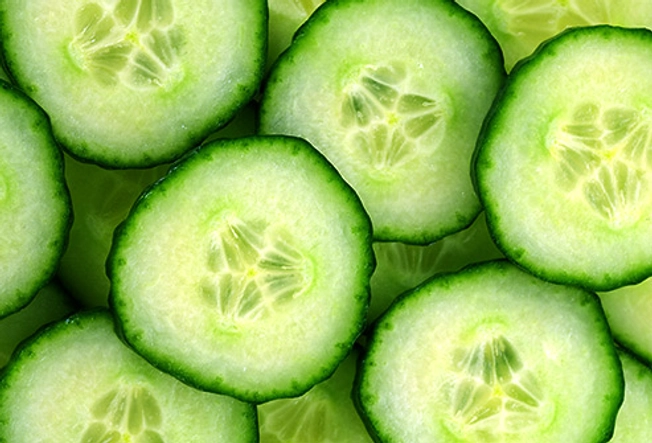
Cucumbers
They’re 95% water and low in calories. They also may help fight inflammation and might even slow the aging process. They’re great in a salad or as an edible scoop for dips.
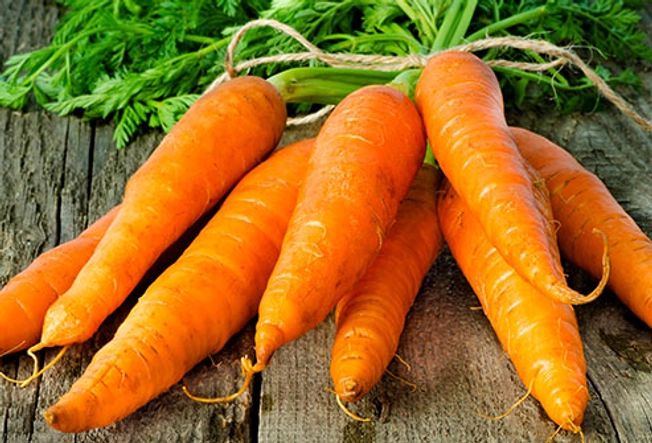
Carrots
This one may be a surprise. Crunchy and dense, you wouldn’t think they’re full of water. But they are, around 90%. And they’re loaded with beta carotene and other antioxidants that protect you against cancer and keep your heart strong. Add them to a salad or have them as a snack.
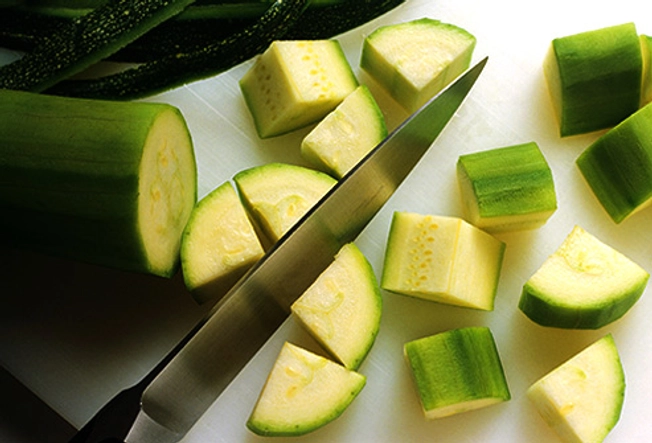
Zucchini
This green squash that grows like a weed in the South is 95% water. It has antioxidants -- things that help protect your cells from damage -- including two that are good for your eyes. It’s great grilled or roasted in the oven.
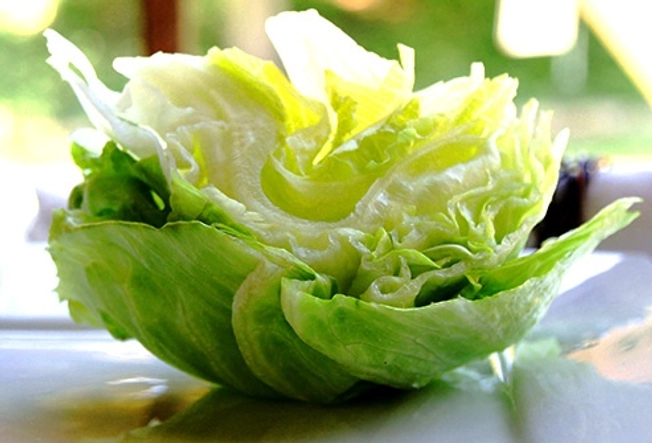
Iceberg Lettuce
It’s 95% water, and while it has fewer nutrients than some other greens, it does give you a few things. Besides fiber -- which helps keep you regular -- it also delivers potassium, manganese, iron, calcium, magnesium, and phosphorous -- all essential minerals that can help keep you healthy.
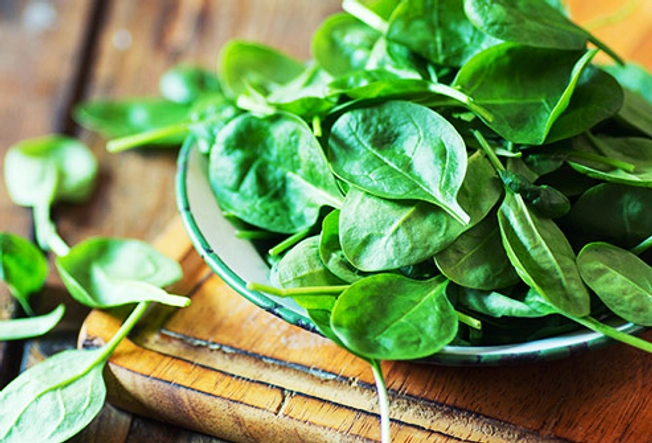
Spinach
Here’s a green leafy veggie that can be used raw in a salad or sauteed as a side dish. It doesn’t have quite as much water as iceberg lettuce, but it’s loaded with vitamin K, folate, manganese, and magnesium, plus antioxidants that help fight inflammation and cancer.
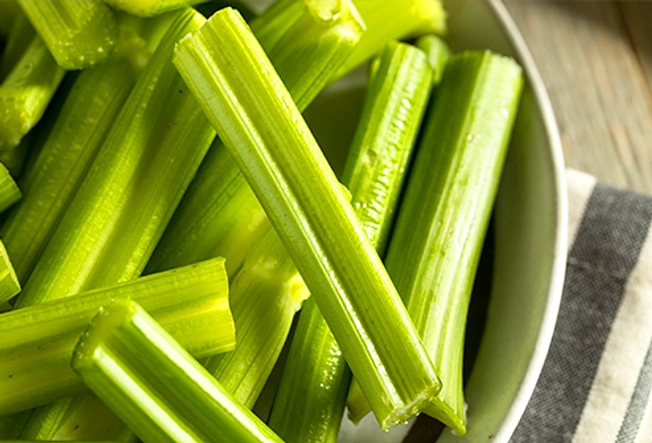
Celery
It has a satisfying crunch and is still 95% water. It’s also low in calories and high in vitamin K, folate, and potassium. And celery is good for digestion because it has lots of fiber and helps prevent inflammation in your digestive system.
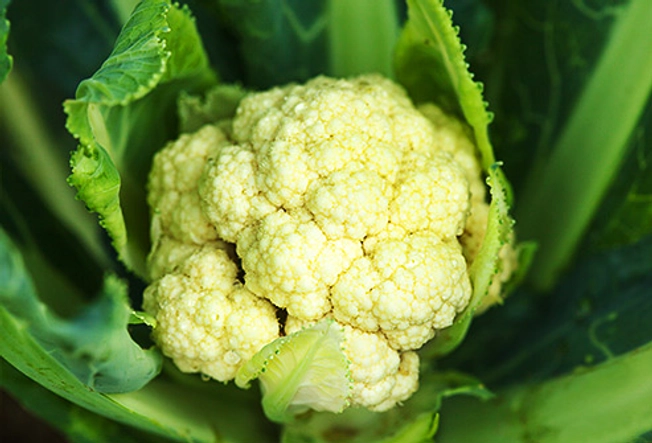
Cauliflower
You may not have thought of this one, but it’s 92% water. It’s also rich in vitamin C, vitamin K, and other essentials. And it has other nutrients that may help lower cholesterol and protect you against cancer. But don’t boil it -- roast it to keep in the nutrients.

Soup
No surprise here: The whole idea of soup is that it’s largely liquid. But it’s a great way to get fiber and nutrients as well -- and there’s one for every taste. Make broth from fish, chicken, or vegetables, and add almost anything to it, from beans to greens and meats -- even pasta. Homemade chicken soup is not only good for hydration, but it also might help fight the common cold.

Tomatoes
They’re 95% water, and they can add flavor and sweetness to a sandwich or salad. They have lots of antioxidants, including one called lycopene that may help fight cancer. They also can help lower “bad” cholesterol (LDL) and may boost your overall heart health.
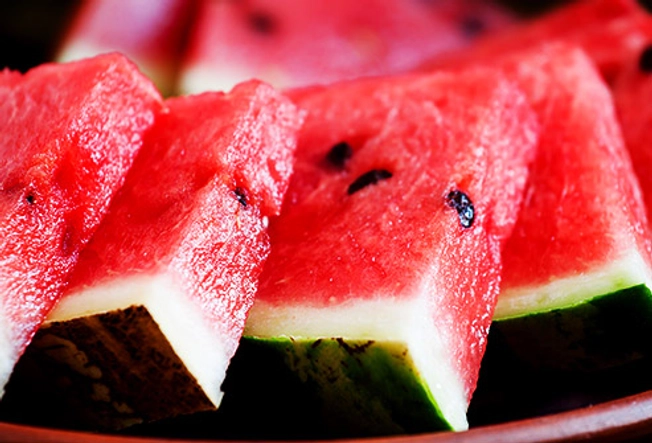
Watermelon
This summer treat is a good way to stay hydrated when it’s hot. It’s sweet, but low in calories, and can quench your thirst, thanks to its 91% water content. Like tomatoes, it has lots of lycopene, an antioxidant that may protect your cells from sun damage and help your skin.

Strawberries
They’re 91% water and also have lots of antioxidants, especially flavonoids -- chemicals that help your brain stay sharp and healthy. Eat them for dessert with a bit of whipped cream, or put them in a summer salad.
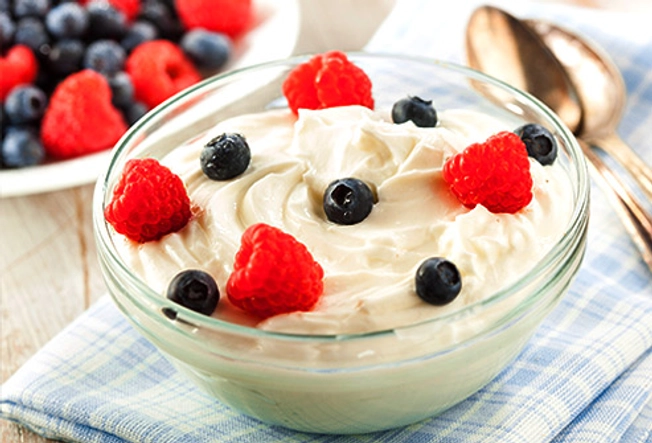
Yogurt
It’s 85% water and a great source of protein and electrolytes that make your heart and other organs work the way they should. It also has bacteria (probiotics) that are good for digestion and help keep you regular. Have some with a few strawberries to get even more water in your afternoon snack.
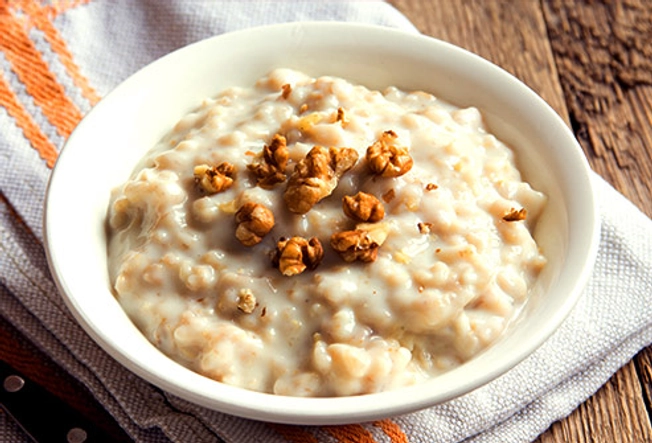
Oatmeal
Made with water or low-fat or skim milk, it can help keep you hydrated and give your heart a boost. It can lower your cholesterol levels and may even help ward off type 2 diabetes and breast cancer. It’s a healthy way to start the day -- as long as you watch the added sugar.

Grapefruit
That sour bite can sure wake you up in the morning. Plus, at 90% water, it will help keep your body hydrated. It’s also full of fiber and nutrients, especially vitamin C, which helps your immune system and can protect your cells against damage. But it can cause problems if you take certain medications, so check with your doctor first if you take any prescription drugs.
https://www.webmd.com/food-recipes/ss/slideshow-hydrate-food
- Get link
- X
- Other Apps
- Get link
- X
- Other Apps
Comments
Post a Comment